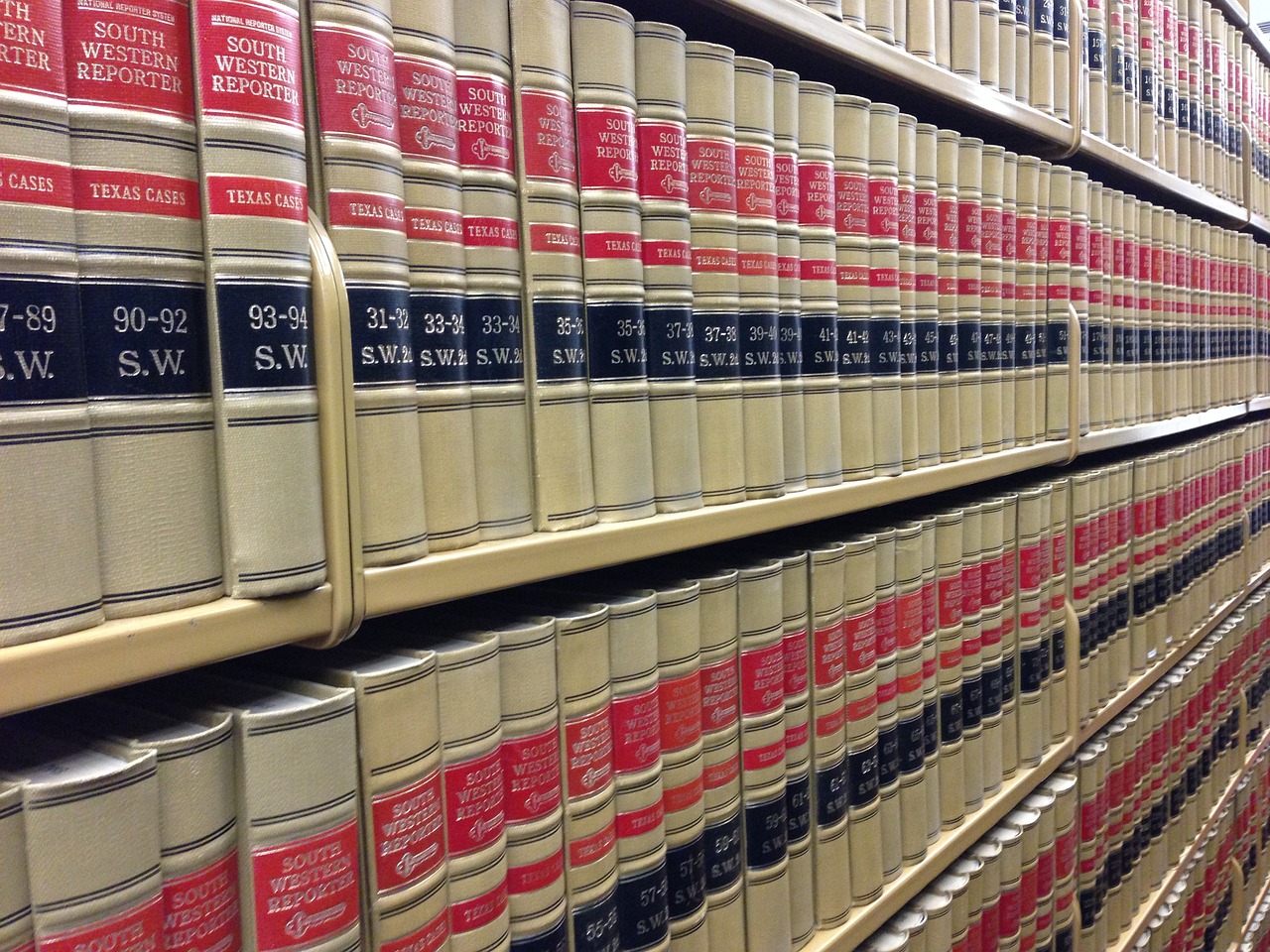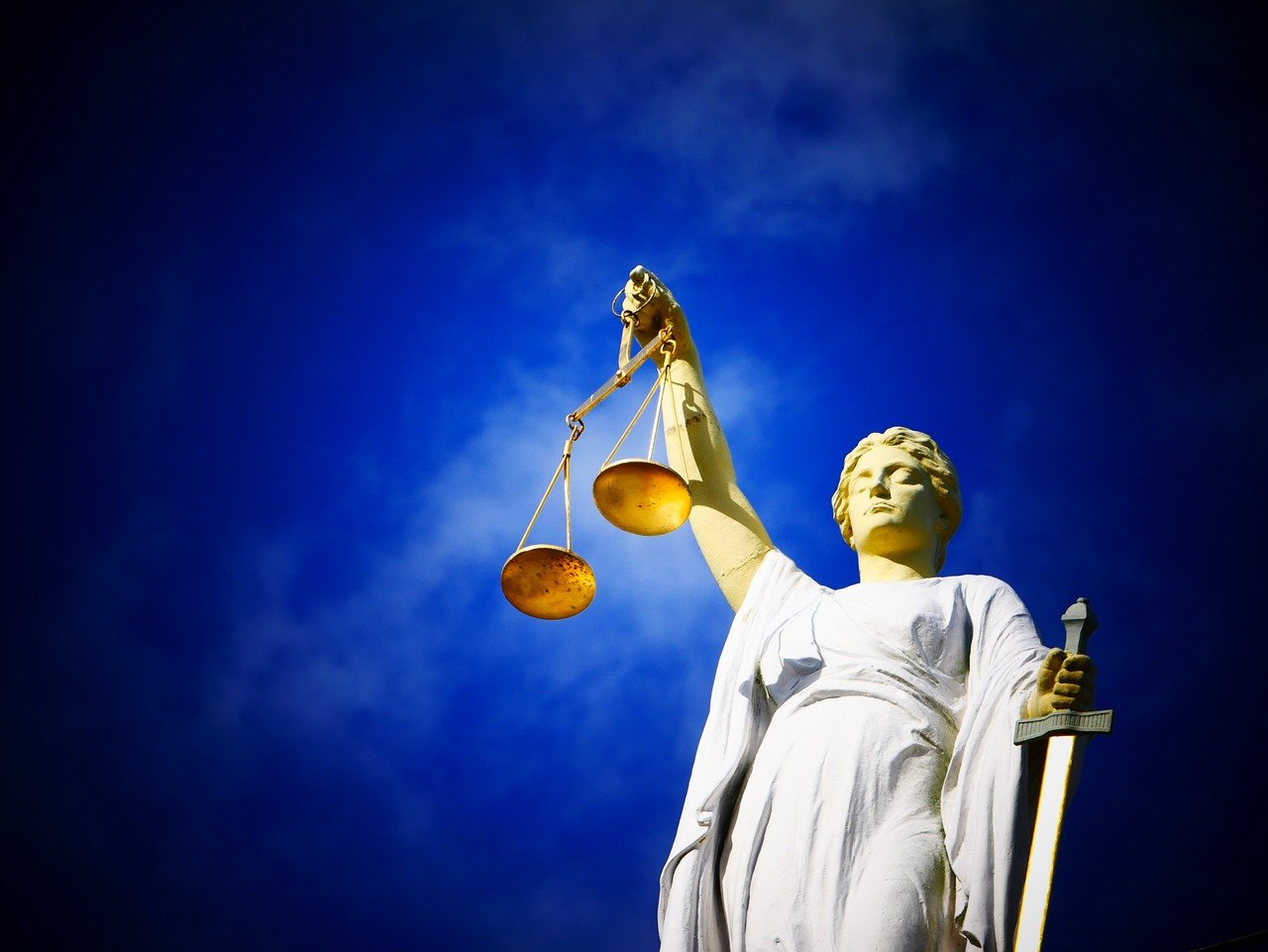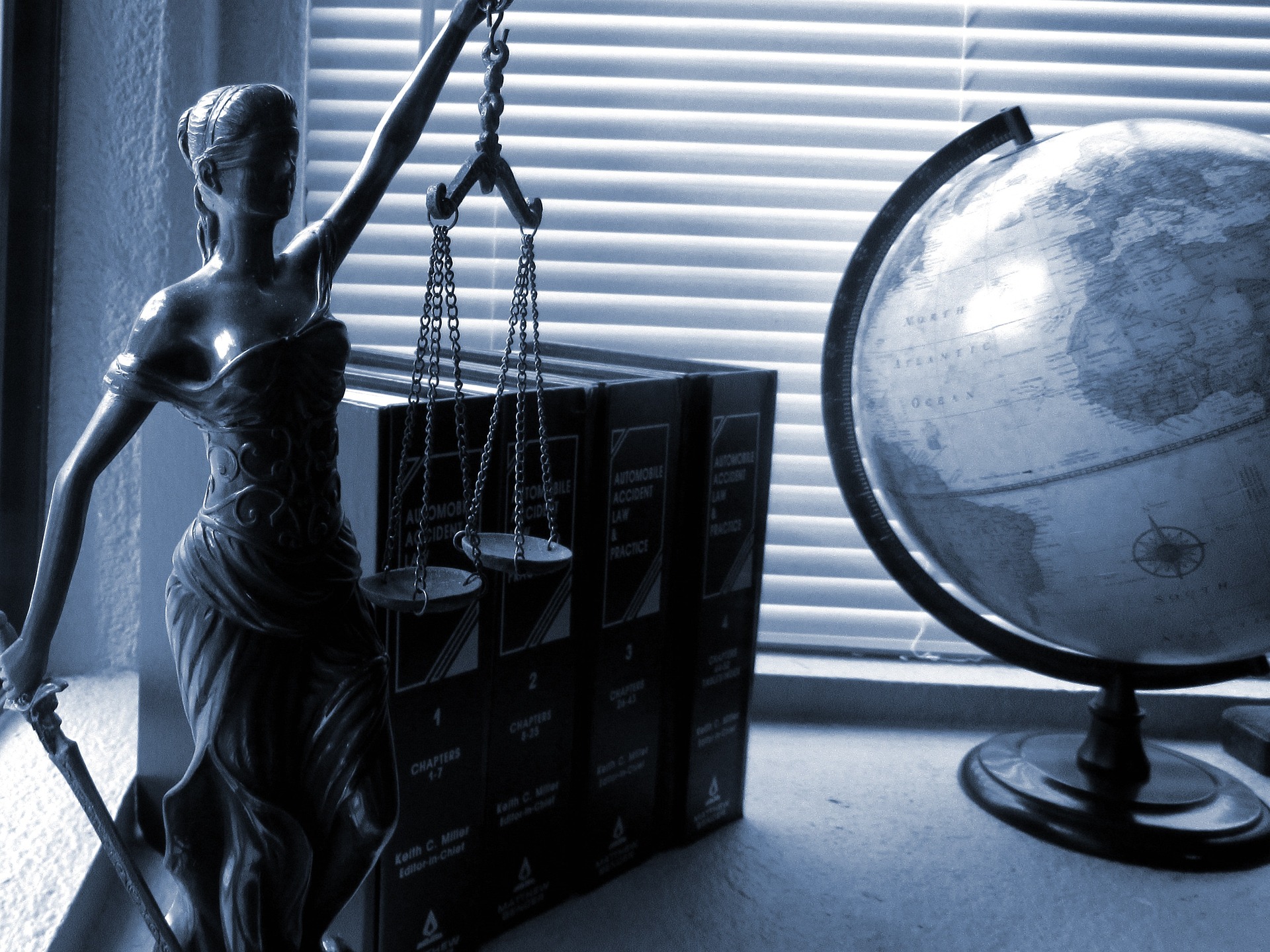Latest blog articles
-
On 30 May 2024, the Council of the European Union announced its final approval of the Union’s long anticipated withdrawal from what can fairly be labelled as the most controversial international treaty ever, the Energy Charter Treaty (ECT).
-
Codification of different areas of law took the stage in the nineteenth-century.[1] The process of scientific revolution – which had started with the Enlightenment and Humanist Movement and was followed by Rationalistic Natural Law Theorizing – led the way to codification.[2] Several jurisdictions...
-
As the 37th edition of TEFAF Maastricht is set to welcome visitors from 9th to 14th of March, many will remember the armed jewel heist that took place almost two years ago. During TEFAF opening hours on 28th of June 2022, five men violently smashed a display case with a sledgehammer, removed...
-
Evolution of legal science can better take place as a consequence of academic dialogue. Engaging in such dialogue is a manifestation of humbleness, of being willing to listen, and of welcoming growth. Academic dialogue is the epitome of university life. It can take place in three dimensions...
-
Last year’s COP28 has resulted in a ‘historic’ mention of fossil fuels in its final decision, be it in a rather limited way. Where does the EU, the forerunner in climate action, stand when it comes to the elimination of fossil fuels? This post highlights a few problematic features of the EU’s policy...
-
Law journals can inform the community about developments in legal science. Journals offer a public forum where networks can be formed and nurtured, growing around the publication of research findings and the discussion amongst peers, ultimately reaching intellectual consensus within a specific...
-
What follows is not new in the realm of legal science, but it ought to be remembered, especially in these times when fundamental rights are being challenged in so many different ways. Developments in legal science are very often interconnected. Legal scholars have acknowledged that the traditional...
-
Law students have to be global citizens and curious. Students have to be open-minded and eager to engage with otherness, going places. They have to start by visiting the library – it is free and takes readers to many places. Global citizens can benefit significantly from embarking in a study tour...
-
The scientific study of law–when consisting of the drafting of a research paper–undergoes a series of stages, running a cycle that matures and evolves. Four stages can be identified in that cycle, namely those related to the researching, writing, reasoning, and testing processes. Researchers can...
-
We Write to be Read, should always resonate in the mind of authors of research papers. The contents of Student-Edited Law Reviews (SL Reviews) is decided by students. These reviews offer a forum for outstanding research papers by law students. SL Reviews have strengths, while they face challenges...









